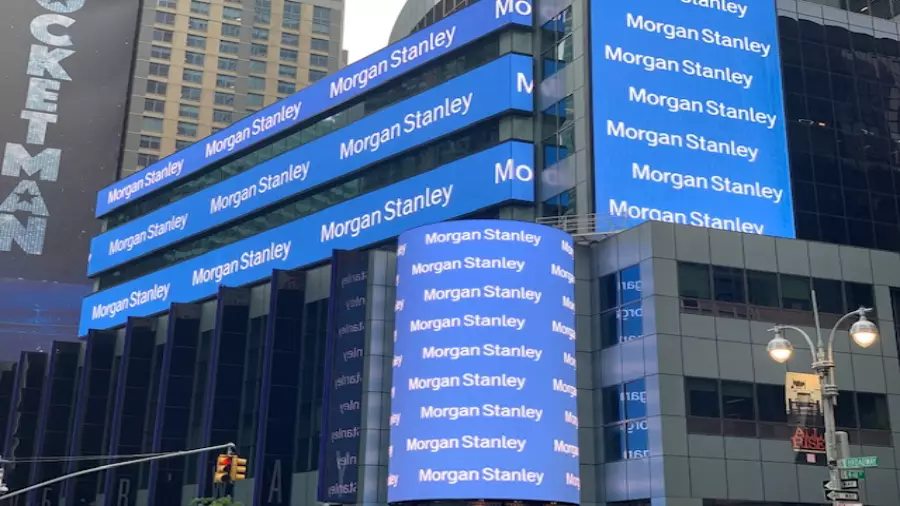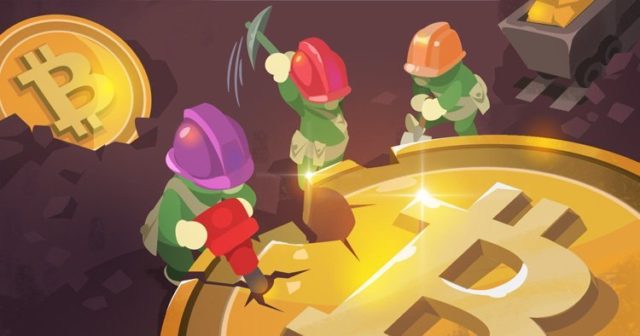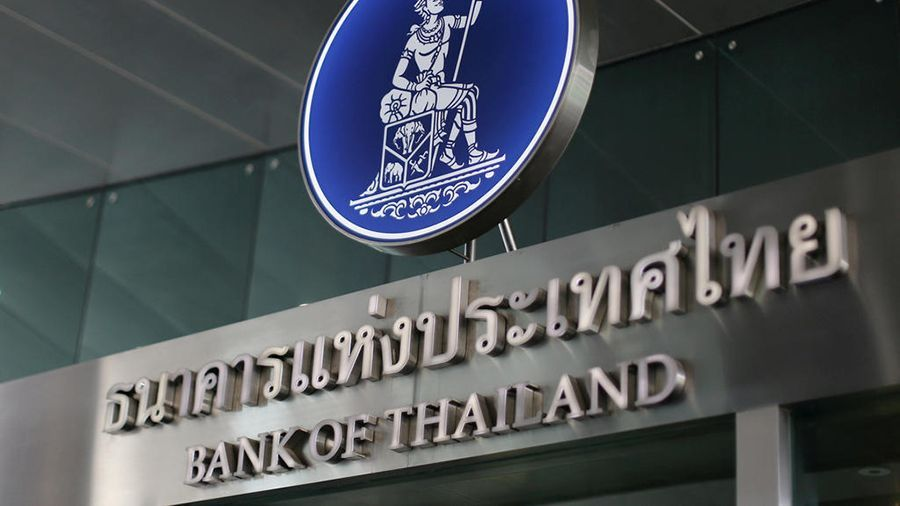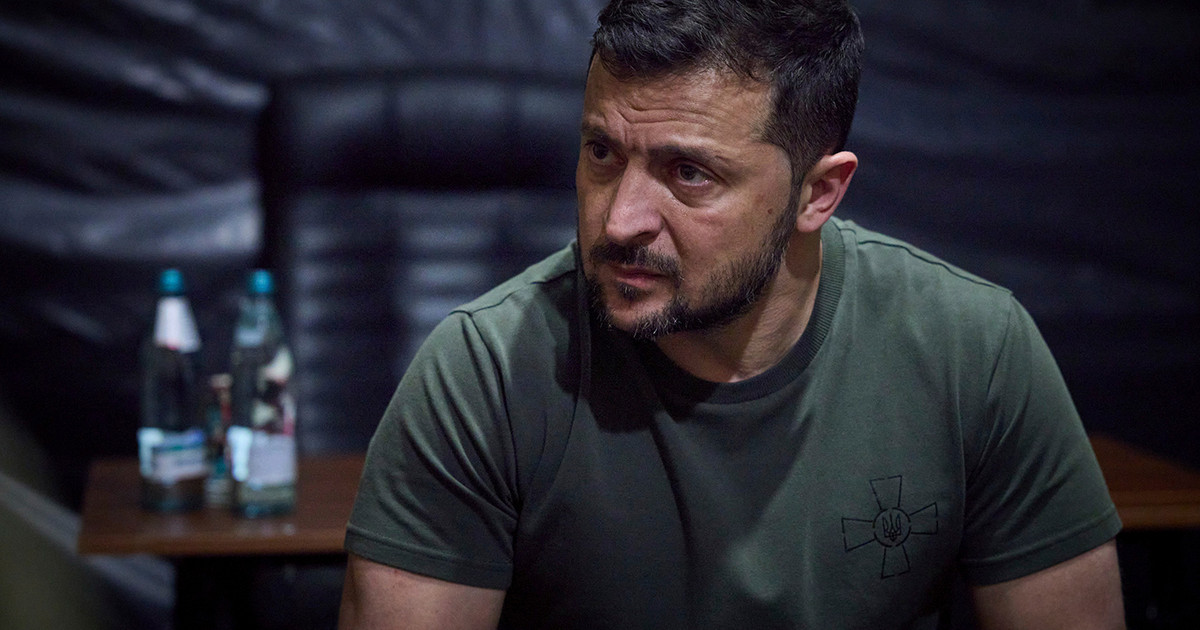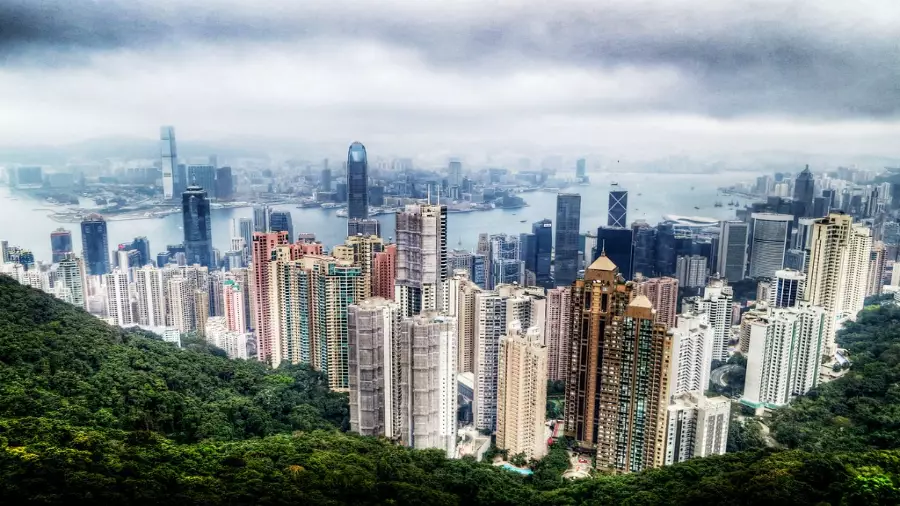The G10 Favelas, a block of leaders and entrepreneurs that brings together the ten largest Brazilian favelas, and the investment manager DIVI•Hub launch this Friday (19th) the “Slums Stock Exchange”, a platform on which people can become partners fractions of companies operating in Brazilian communities, from R$ 10.
Companies will need to carry out an IPO to receive the investments. However, instead of going through a process of bookbuilding, in which brokers and banks traditionally find out from their customers whether they are interested in a particular offer and, thus, define the price of the paper, companies and the DIVI•Hub will determine the values.
Entrepreneurs need to have SA companies (anonymous company), deliver some documents that inform the financial statement, choose how much of their company they want to offer on the market and, in view of the valuation, determine the number of shares, or DIVIs – name given to the fractions, which will be traded at a cost of R$ 10.
Gilson Rodrigues, president of the G10, affirms that the exchange is intended to democratize investments. “It seems that B3 is only for the richest to buy and sell shares, and that the community, which is also willing to be in the capital market, does not have access”, he declares.
Profitability and share price
If a company intends to offer R$100 thousand of its valuation on the stock exchange, it will have to sell 10,000 shares at a cost of R$ 10. “This is the calculation that every company that carries out an IPO should make”, explains Rodrigues.
The big difference with B3 is that the shares on the Favela Exchange are pre-fixed, that is, investors will know what the financial return will be on each share purchased.
Ricardo Wendel, president of DIVI•Hub, explains that investors are buying only the right to participate in the companies’ revenue, and may receive returns for up to 10 years.
The issuer of the papers is the entrepreneur himself, via an SPE (Specific Purpose Society), a business organization model that constitutes a new company, limited liability company or limited liability company, which may in some cases have a fixed term of existence.
“One of the advantages of investing is that the [futuros] shareholders will not be registered by a social contract and have no burden as partners if companies incur in bankruptcy or labor disputes”, emphasizes Wendel.
The start of transactions on the Favelas Stock Exchange takes place this Friday, at the same time as the Slum Summit G10 Favelas 2021, an organization that aims to highlight the main business hubs in the communities.
Scratchs
The president of DIVI•Hub says that the risk for these investments is to receive the return with a more diluted IRR (internal rate of return).
If, for example, a company that raises BRL 1 million has a plan to return BRL 1.6 million to investors in 5 years – the return will be 12% per year. “This figure can be returned before five years, increasing the IRR, or after five years, decreasing the internal rate of return”, explains the executive.
However, Josilmar Cia, finance professor at Mackenzie, believes the downsides run deeper. “The risk of these investments is great because they are companies in a non-traditional environment.”
The professor considers the Bolsa das Favelas as a high-risk investment.
Another major concern of Eduardo Dotta, professor of Capital Financial Market Law at Insper, is that companies go bankrupt. “These companies are inserted in a less explored market, they manage to have a presence in the communities, but they need to be financially sustainable so as not to close down their operations [depois que fizeram o IPO]”, Explain.
“[No começo], the way investors should see the stock market and companies traded is how venture capital sees startups: knowing that most can go wrong, but that a portion of 10% to 20% can be worth it”, says Cia. “The platform is an instrument that has not yet been tested, and it has few offers. Therefore, shareholders must allocate, for the time being, little capital in these investments”.
IPOs
So far, only two companies will hold the IPO this Friday, G10 Bank Participações, a bank approved by the Central Bank of Brazil to serve community customers, and Favela Brasil Xpress, a company specialized in delivering services to favelas.
Giva Pereira, president of Favela Brasil Xpress, intends to raise R$ 1.33 million, offering 5% of the valuation of the company.
The company intends to return 1.8 times the invested capital. On a five-year projection, profitability will be 12.5% per year. “However, if the delivery business performs better than expected, we can increase profitability,” says Pereira.
The amount raised will be invested on four fronts:
- Logistics system: creation of its own delivery management system, monitoring, delivery app, control tower, storage, cargo handling and mapping of territories;
- Sustainable base: structure necessary to make operations sustainable with regard to water reuse, solar energy plates and light electric vehicles;
- Expansion: purchase of assets and lease space to expand operations;
- Consulting and training service: projects aimed at the scalable expansion of the company’s business.
Future
The G10 and DIVI•Hub intend to move R$ 6 million by the end of 2021 and carry out 18 IPOs, with more than 15 thousand investors. After completing one year of operation, the platform projects 140,000 investors and moves around R$75 million.
“I hope that projects in favelas across Brazil make an IPO on our stock exchange”, comments Rodrigues.
It is worth noting that, in addition to carrying out an IPO on Bolsa da Favela, entrepreneurs can also negotiate equity or raise funds in other ways – which cannot happen with companies listed on B3.
Reference: CNN Brasil
I am Sophia william, author of World Stock Market. I have a degree in journalism from the University of Missouri and I have worked as a reporter for several news websites. I have a passion for writing and informing people about the latest news and events happening in the world. I strive to be accurate and unbiased in my reporting, and I hope to provide readers with valuable information that they can use to make informed decisions.

